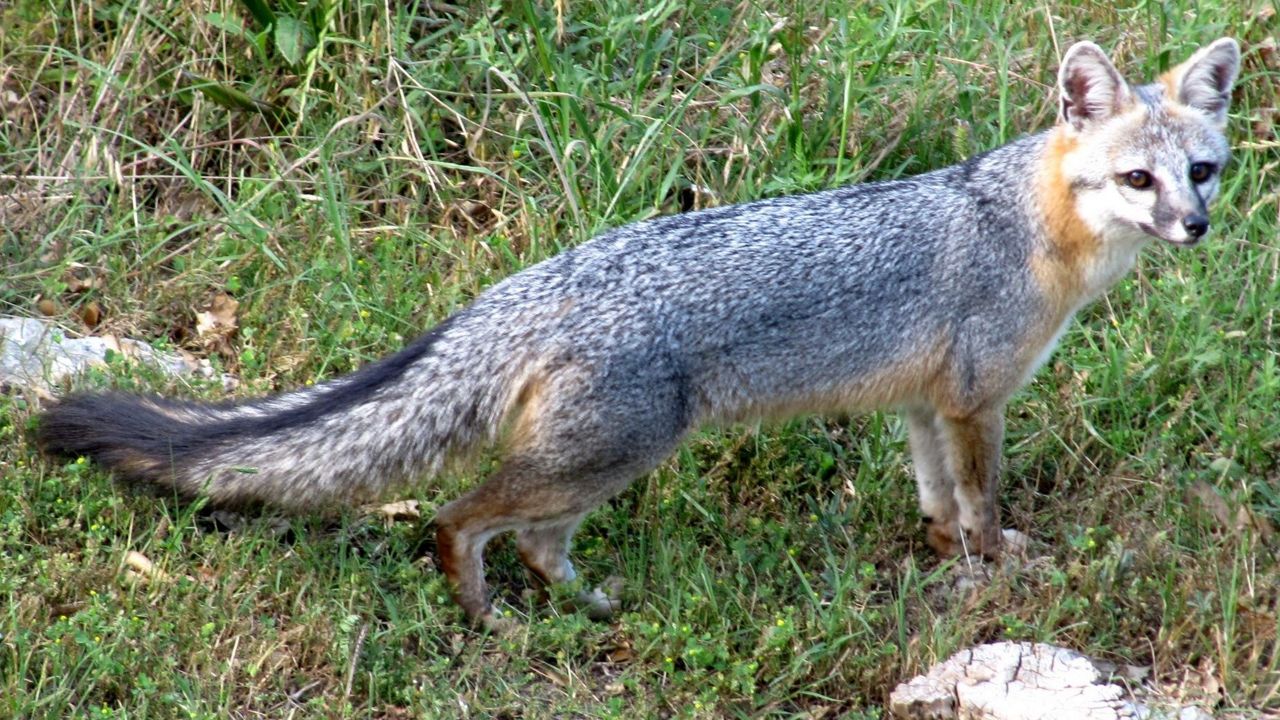Highly pathogenic avian influenza (HPAI), or bird flu, has been found in several mammal species in the Texas panhandle, including foxes, raccoons, striped skunks and domestic cats, according to a press release from the Texas Parks and Wildlife Department (TPWD).
The infected mammals were found in Deaf Smith, Hansford, Lubbock, Ochiltree, Parmer and Randall counties.
HPAI is a highly contagious zoonotic virus (meaning it can be transmitted from animals to humans). It’s easily transmitted among wild and domestic birds.
The virus was confirmed in several bird species in Central Texas earlier this year, including in ducks at a North Austin shopping center in January, vultures at a New Braunfels park and a dead wild bird in Hays County, both in February.
Symptoms of HPAI in mammals vary depending on species, but they can include:
- Stumbling and incoordination
- Seizures
- Tremors
- Lethargy
- A lack of fear of people
- Runny or crusty eyes and nose
- Coughing or sneezing
- Sudden death
Transmission mainly happens through the consumption of infected animal carcasses, TPWD says, but mammal-to-mammal transmission is also possible. The department warns wildlife rehabilitators to stay cautious when taking in wild animals and to limit exposure to other animals in the facility.
While bird to human transmission remains low, TPWD advises people to take basic protective measures if contact with animals is necessary. This includes wearing gloves, face masks and handwashing.
Those who find animals with symptoms of HPAI should contact their local TPWD wildlife biologist here, the department says.






